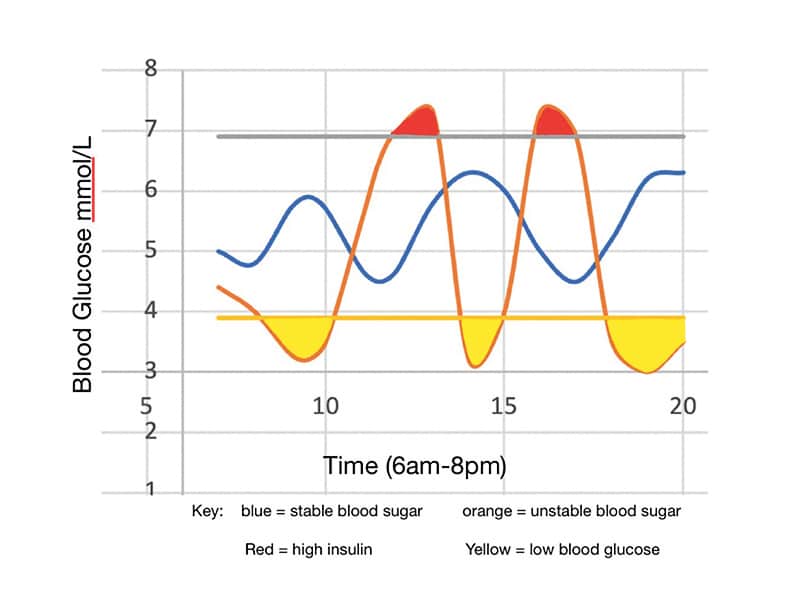
Amanda Roe: Acupuncture and Clinical Hypnotherapist.
Call 087 6331898
Email: amanda@roehealth.ie
Progesterone is an important hormone because it maintains the uterus lining, propels the egg down the fallopian tubes into the uterus, aids implantation and sustains the pregnancy.
By testing progesterone levels seven to nine days after ovulation you can confirm that you have ovulated and know there is enough progesterone to support pregnancy or find out that you are in fact pregnant.
If you have an optimal 28 day cycle then you would ovulate on day 14 and then yes you should test progesterone levels on day 21 .
However only 13 per cent of women have a 28 day cycle. The reality is that the other 87 per cent have cycles that are too long, too short, too heavy, too light , painful or have stopped completely.
The menstrual cycle is divided into three parts, the follicular phase, ovulation and the luteal phase.
In a 28 day cycle, the first 14 days are known as the follicular phase. In days one to three, the endometrium that lines the uterus sheds this is really important as an egg will not implant in an old endometrium. Then as estrogen levels rise a new endometrium is produced.
At the end of the follicular phase ovulation thrusts the egg out of the ovarian follicle into the fallopian tube.
After ovulation we have the luteal phase. From day 15-28 estrogen is falling as the levels of progesterone rise which, propels the egg from the ovary through the fallopian tube to the uterus. If a sperm fertilises the egg, the fertilised egg will implant in the endometrium.
When trying to conceive, first get to know your cycle, you can do this with little cost by charting your basal body temperature and noticing cervical changes.
Although it is inexpensive you can learn how long your follicular and luteal phases are and it can accurately identify your ovulation window within three days of it happening.
As your progesterone levels are at their highest seven to nine days after ovulation this will give you an opportunity to book your progesterone test on the date that is right for your cycle.
Although a 28 day cycle is optimal, it is perfectly normal and healthy to have a cycle between 25 to 35 days that may even fluctuate in length from month to month making it challenging to pin point ovulation.
When you speak to your GP let them know that you do not have a 28 day cycle, that you are tracking your ovulation and confident of its date therefore you are asking to test your progesterone seven to nine days post ovulation rather than on day 21.
Levels of progesterone of 20 nmol/L or more confirm that you have ovulated, 30 nmol/L or above mean there is enough progesterone to support pregnancy and 50 nmol/L plus indicate that you are pregnant.
If your cycle is greater than 35days or less than 25 days, if your periods are painful or flow is too heavy or too light, then working with a fertility acupuncturist will help address any underlying problems, improve hormone levels and optimise your cycle. This is important whether you are trying to conceive naturally or with the support of a fertility clinic.
Amanda Roe is a Clinical Hypnotherapist and Acupuncturist. She uses a range of holistic therapies including guidance around food to improve fertility, emotional and mental health and support natural recover from trauma, eating disorders and other mind/body illness. For more information or to book a session visit
www.roehealth.ie or call/text Amanda on: 087 633 1898.


